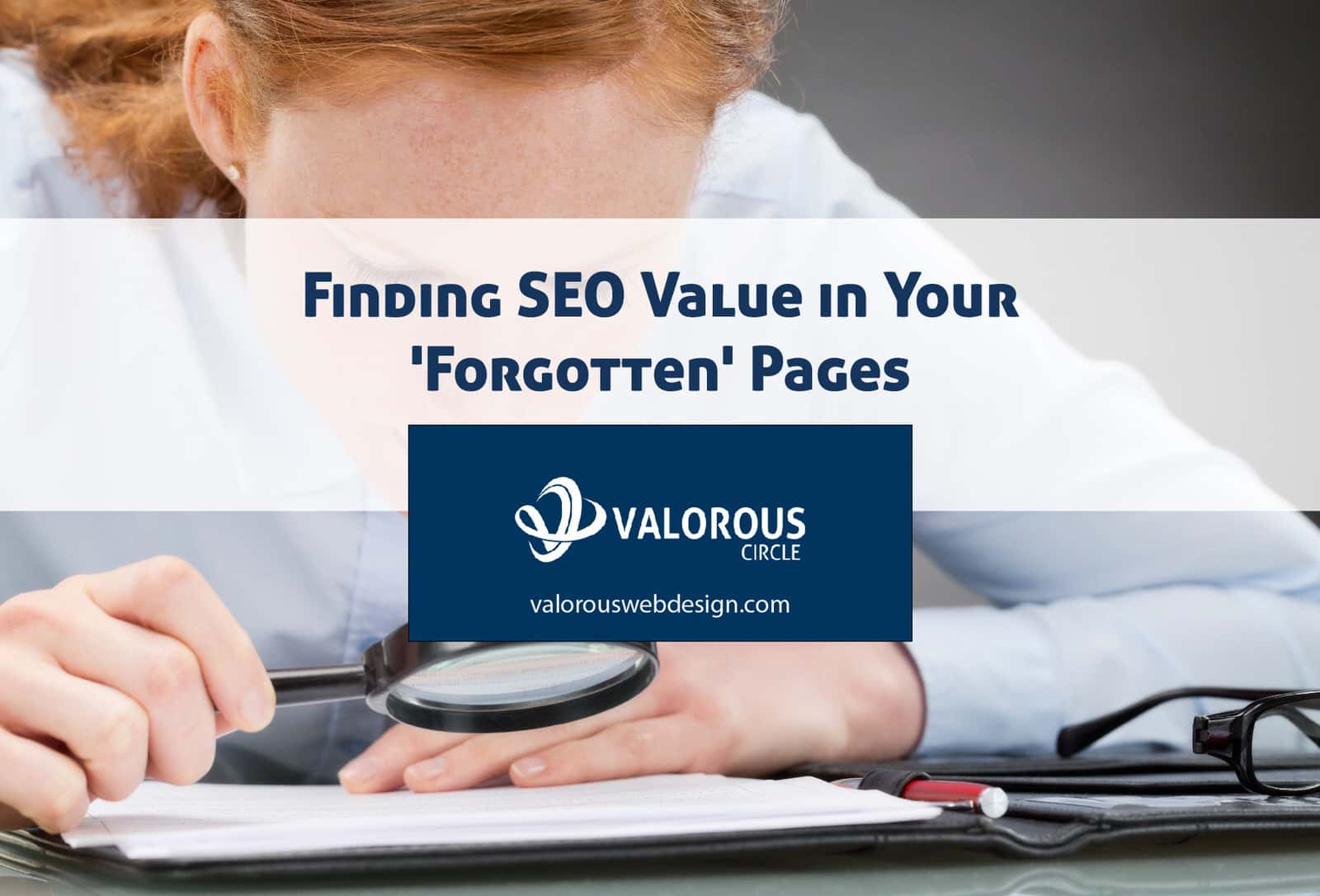Hardly any business owner knows the value of an SEO Terms and Conditions page. The last thing people want to read on a website is a whole bunch of legalese. And yet, your longwinded pages can provide SEO value.
Terms and Conditions and Privacy Policy pages are essential for technology, media, and e-commerce businesses that provide services where users trade information for access.
Bluntly, these pages are boring. Purely factual legal speak is often droll and bland. Non-fictional writing on a website in it’s most basic form doesn’t have the same zip as the front or about pages. By design, of course.
The average Terms and Conditions or Terms of Service or Privacy Policy pages are more extended, feature no imagery and often repeat themselves in many sections. In other words, perfect for adding your business name for a slight SEO boost.
It’s not uncommon for businesses to overlook their company name in optimization projects. Sure, you want customers to find what services or products you sell and which geographical location to see them.
Yes, ideally your name will be on every page, however, the optimization on those pages will likely tell the story of something else.
Linking terms pages to SEO doesn’t require a leap of faith. What do most SEO experts love (or at least continuously rave about online)? Long form word counts? Check. Clear and concise messaging? Check.
Permanence? The page should never be invisible and due to changes in legislation or company behavior, updating your terms and policies benefits your SEO by keeping long content “fresh.”
Templates on how to create terms or policy pages are hardly few and far between. The difference, however, is turning these forgotten pages into valuable marketing assets in addition to informing your customer base of varying legal issues.



